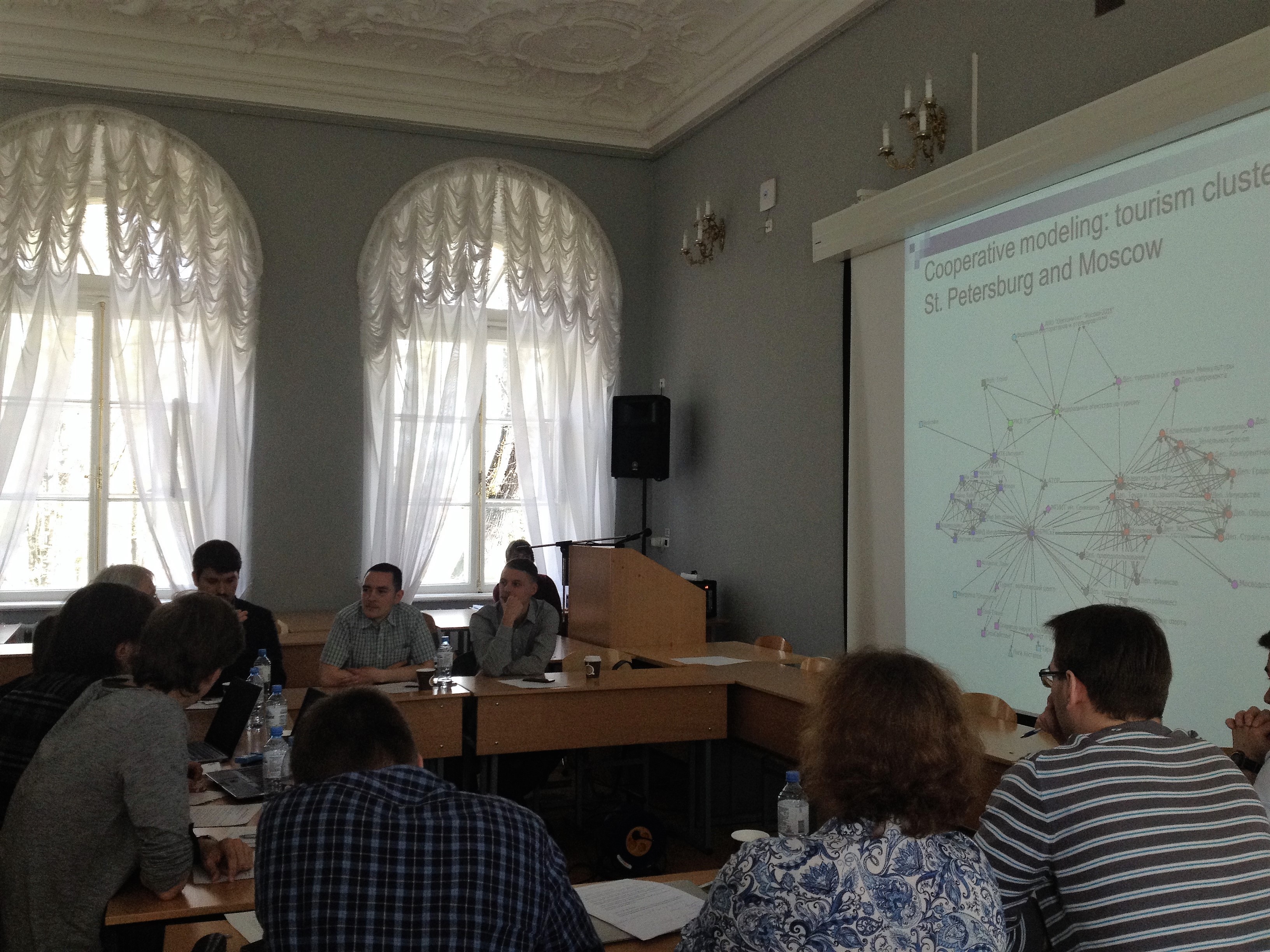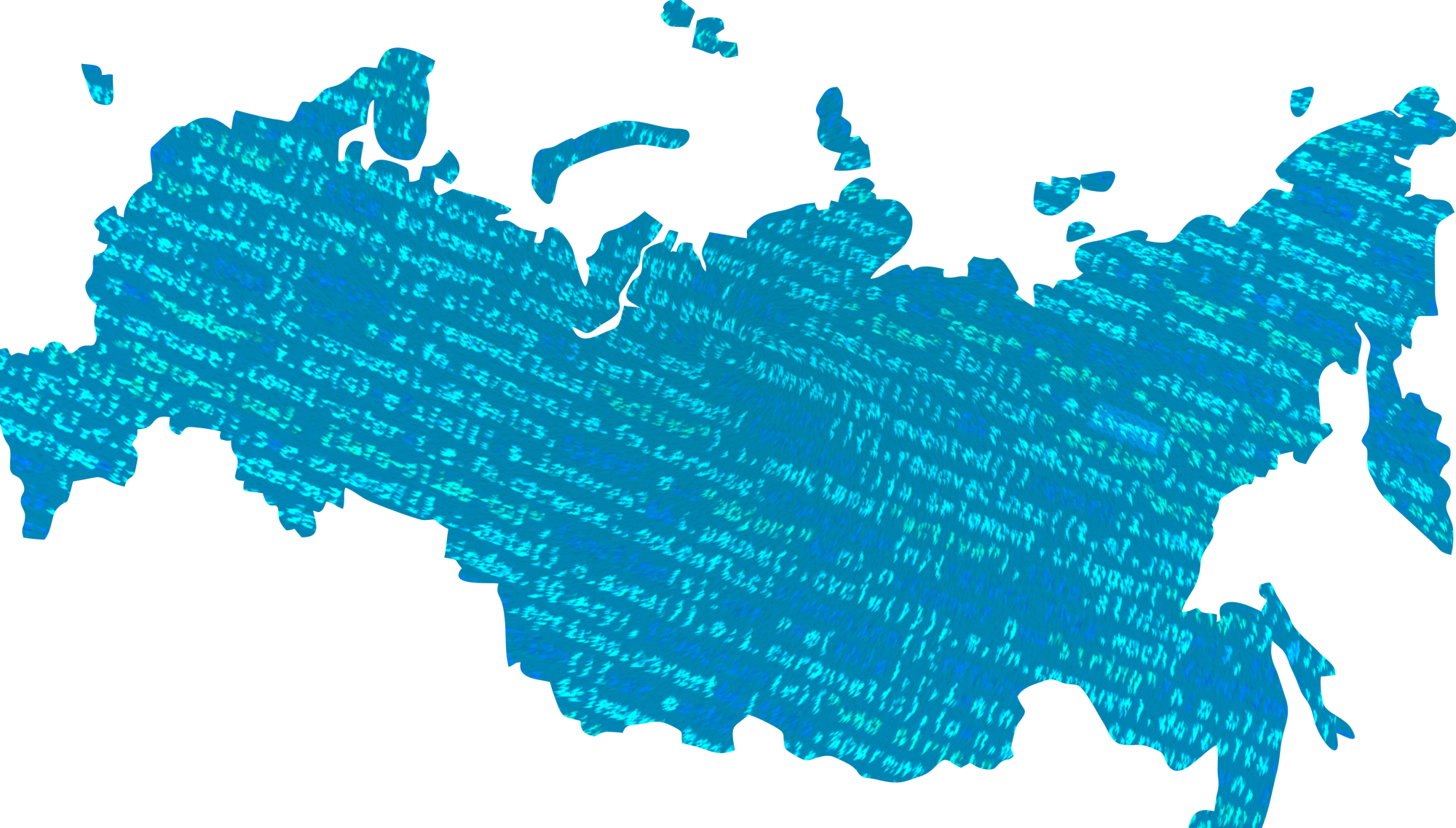On 11 May, at the Department of Political Governance (St. Petersburg State University) was held a research workshop and a master-class ‘Digital Politics and Post-Network Society’ in which the members of DRS research group participated.
The workshop was started by Dr. Daria Gritsenko, the founder of Digital Russia Studies from UH, who introduced DRS and presented her view on the process of datafication in Russia in digital era governance and on methodological issues. She is into the questions how to capture a digital governance empirically and what indeed happens when the governance is transforming in digital era. Meeting a great response among the participants, the topics of presentation were largely discussed in the workshop with ideas to collaborate later.
The second speaker was Dr. Elena Tropinova, associate professor from St. Petersburg State University. The object of her research is the government’s ambition to become platform-based. According to Tropinova, government can be compared with a vending machine. The government is visible and meets the need of its citizens. The citizens become data miners and watchers and live in self-regulated IT-ecosystem that is managed both horizontal and vertical. Hence, priorities for the governance are to create strategic management approach. In Tropinova’s view, the challenge is rather lack of digital mentality than digitalization itself.
After Tropinova’s presentation, Dr. Leonid Tomin, associate professor from Saint Petersburg State University, gave a talk on governance in the age of platform capitalism. The ownership of data nowadays reminds colonial conditions while the platform enterprises are moving towards monopoly and the data consumption is growing accelerating. Using the same algorithms as the platform enterprises, how should governance interact in the era of platform capitalism?
The research workshop was continued by Dr. Aleksandr Sherstobitov, associate professor from Saint Petersburg State University. His research is based on policy networks and game theory. In his presentation, a concept of post-networks was introduced. By post-network is understood the new era of networks when networks are no longer ‘flat’ and have a tendency to become rather multidimensional due to lack of stable ties and presence of several actors and nodes.

The fifth speaker was Andrey Indukaev from UH, a research group member of Digital Russia Studies and a postdoctoral researcher. His presentation opened up questions of ways to study data economy. In his view, digitalization has the same three dimensions as markets do, digital technologies effects do share similarity with market effects. He is interested in researching what Russian Skolkovo, Rusnano et al. actually are from a perspective of market instruments.
The research workshop was closed by Olga Parhimovich from ITMO University and ‘Informational Culture‘, a Russian NGO with focus on open data and open contents. Open data is a machine-readable primary data that is licensed for use and published in the Internet with open access and free availability. In the last years, Russia has improved its placement in the open budget data ranking by providing open data. Parhimovich showed during her master-class how to organize and analyze Russian open budget data via tool called Openrefine.
